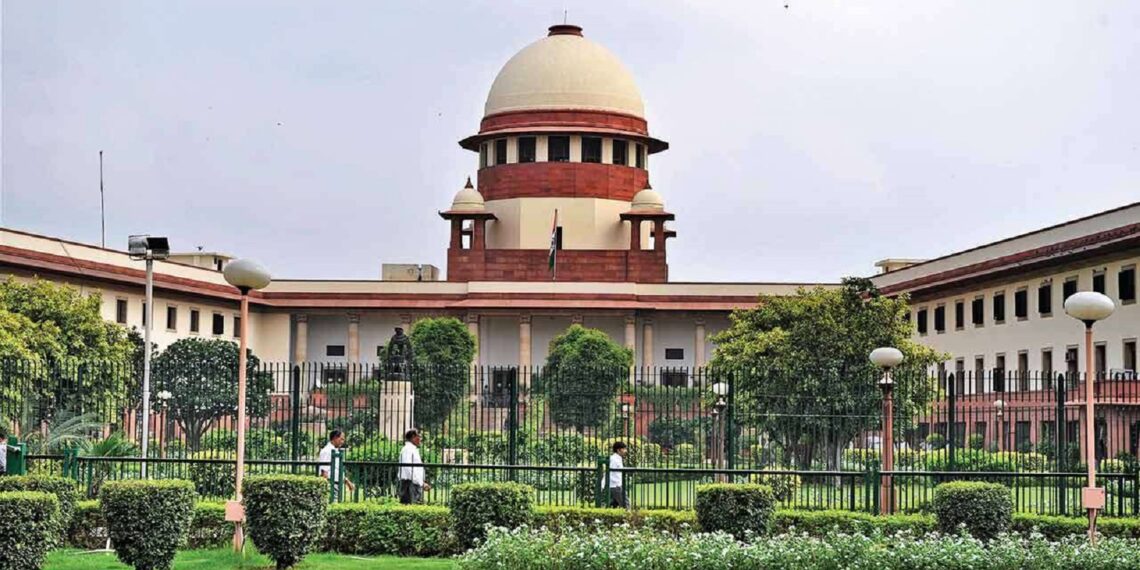A divorced Muslim woman has the right to seek alimony from her husband under Section 125 of the Code of Criminal Procedure (CrPC).
In a significant ruling, the Supreme Court bench, comprising Justice BV Nagarathna and Justice Augustine George Masih, delivered this verdict on Wednesday.
Justice Nagarathna, delivering the judgment, highlighted that Section 125 applies universally to all women, irrespective of their marital status or religion.
She underscored that maintenance is “not merely a matter of charity” but a fundamental right for women, particularly homemakers who depend on their spouses emotionally and otherwise.
“Today’s decision reaffirms that every woman, including those from the Muslim community, has the right to seek financial support after divorce,” Justice Nagarathna remarked.
The case revolved around a petition filed by Mohd Abdul Samad, challenging a family court’s directive to provide monthly maintenance to his divorced wife.
The Telangana High Court had earlier upheld the decision, prompting Samad to appeal to the Supreme Court.
“This judgment consolidates the right of divorced women to seek alimony under CrPC, aligning with principles of equality and justice,” Justice Masih concurred in his separate judgment.
The ruling builds upon previous landmark decisions, notably the Shah Bano case of 1985, where the Supreme Court initially asserted the applicability of Section 125 across all religions.
Subsequent amendments in the Muslim Women (Protection of Rights on Divorce) Act, 1986, had limited maintenance claims for Muslim women to the iddat period, but today’s judgment extends the scope beyond this restriction.
The legal community has hailed this decision as a step forward in ensuring gender equality and women’s rights in India’s diverse society.















